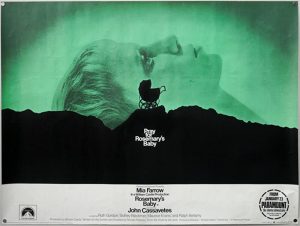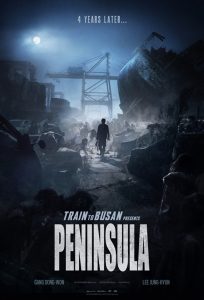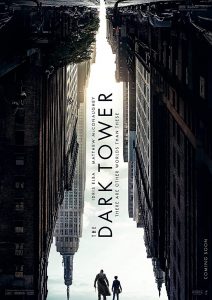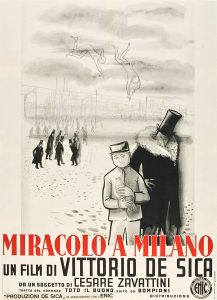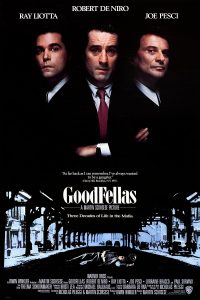 The next week’s letterboxd theme[1] was “central and eastern European animation”, which… I definitely have confirmation bias here, and to be fairer still, a lot of the things I had no access to sounded pretty interesting. But what we landed on was a US edit of a Soviet adaptation of Treasure Island by Robert Louis Stevenson, where the adaptation a) was dubbed[2] and b) edited, I am informed, solely to remove live-action musical interludes. so I think it still counts, as the point was the animation.
The next week’s letterboxd theme[1] was “central and eastern European animation”, which… I definitely have confirmation bias here, and to be fairer still, a lot of the things I had no access to sounded pretty interesting. But what we landed on was a US edit of a Soviet adaptation of Treasure Island by Robert Louis Stevenson, where the adaptation a) was dubbed[2] and b) edited, I am informed, solely to remove live-action musical interludes. so I think it still counts, as the point was the animation.
The animation was… it had a certain style of its own beyond what I’m about to describe[3], but it was mostly a match for what I’ve seen come out of the 1930s, before Disney and Warner Brothers got fancy, and following the rules and physics of a Looney Tune. It followed Jim Hawkins from innkeeper to treasure map holder to British naval enlister to fort holder to pirate battler. How much of this is true to the source material, I honestly don’t know, but man, I assume it cannot have been much, because in addition to bad animation, bad music, and an overly jokey tone, the plot was far more terrible than a beloved classic could possibly be in real life.
Full disclosure: I got sleepy about a third of the way in, but I followed large chunks of the rest of the film, and I definitely got enough detail to form an opinion on everything except the plot. I’m possibly going to rewatch the parts I missed, and in the unlikely event my opinion changes as a result, I’ll say so. But… wow. Just wow. This was by far the worst thing to have come out of the website weekly experiment.
[1] I am making it appear as though we’re catching up. We’re not, I’m just been on vacation this week.
[2] I have no way of knowing, of course whether there was any initial propaganda nor whether it was edited out. The movie was made before the breakup of the USSR and the adaptation was made after, for whatever that’s worth.
[3] Mostly it (the style) was the hyper-realistic (compared to everything else) low camera angle on people walking forward, with a kind of rolling, striding gait. It was… mesmerizing, is what, possibly because they lingered on it far too long since it was a cheap loop that filled time.


